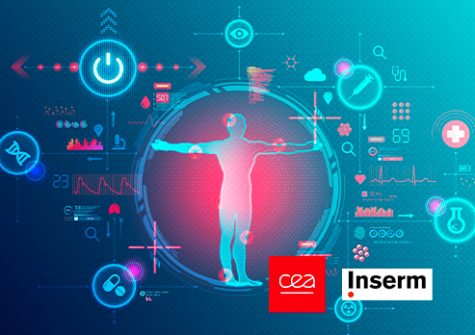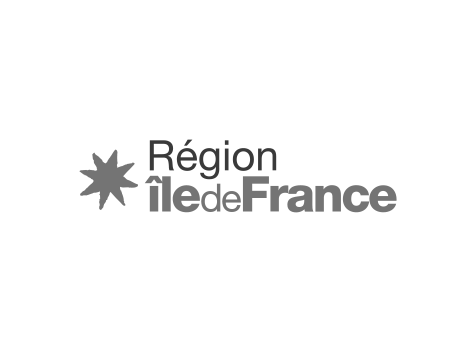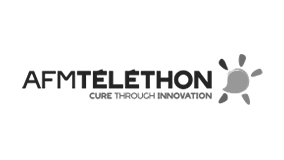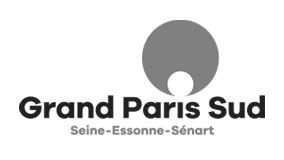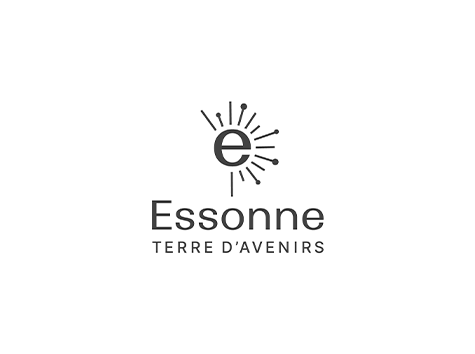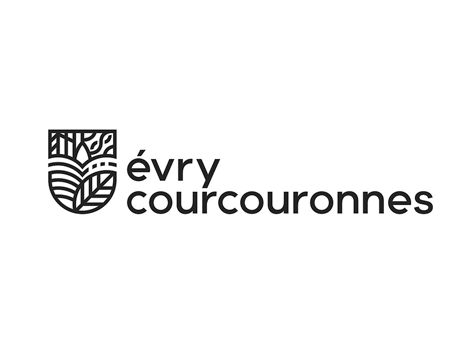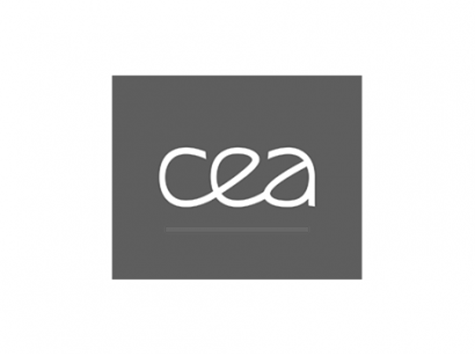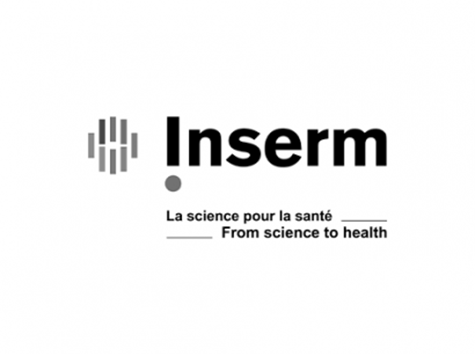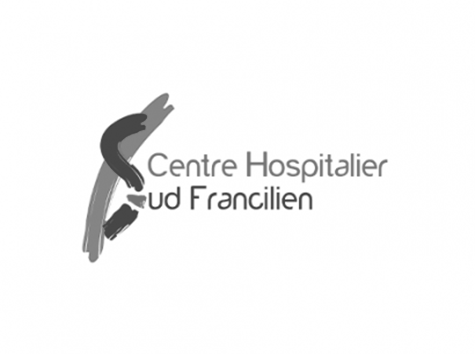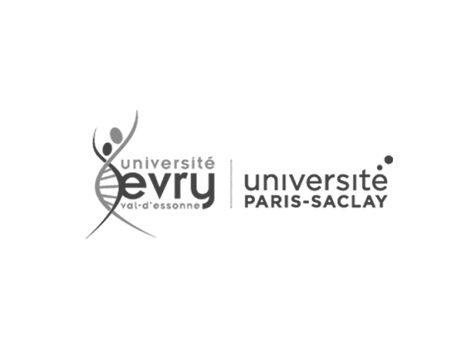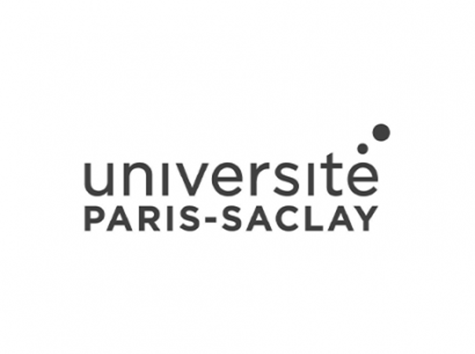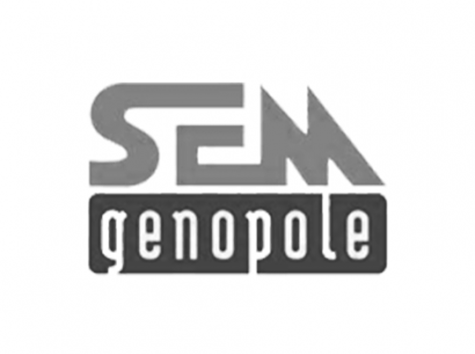Launched in December 2023 within the France 2030 plan, the PEPR “biotherapies and Biomanufacturing” national program is copiloted by Cécile Martinat, director of the Inserm mixed research unit (UMR) UMR861 within I-Stem. This program’s objective is to make France the leader of the vital sector of biodrugs. Of the projects retained as priorities for the program, three are led by Genopole laboratories: LGRK, ART-TG, and Cithera. That recognition attests to the support for their research and the renown of their expertise in France.
Biotherapies and Biomanufacturing of Innovative Therapies (BBTI) is one of three priority domains (with Digital Health and Emerging Infectious Diseases) within France’s Innovation Healthcare 2030 plan. Those domains and others are considered Priority Programs and Equipment for Research (PEPRs) associated with national acceleration strategies. The objective of BBTI is to meet the scientific and technological challenges of the biodrug sector, one with strategic importance in health. Financed by France 2030 & the National Research Agency (ANR) and piloted by Inserm and the CEA for its scientific aspects, the program benefits from an €80 million budget over seven years to mobilize and structure a scientific community for biodrugs and biotherapies, accelerate research and technological developments, and ease their transfer to industry and actors in health. For France, the long-term objective is to forge its leadership in health research and innovation.
Cécile Martinat, directs the Inserm mixed research unit (UMR) UMR861 at the Stem Cell Research Institute I-Stem located at Genopole (Inserm/University of Évry Paris-Saclay). Working with Christophe Junot, director of the Medicines and Healthcare Technologies Department (DMTS; CEA), she assures the scientific coordination of the BBTI PEPR.

Cécile Martinat: “Through its approach to new scientific issues in biotherapies and biomanufacturing, the BBTI PEPR seeks to federate and structure an academic research community to empower disruptive technologies. Its goal is to promote the excellence of French academic research across the globe and contribute to the emergence of novel sectors.”
The BBTI-PEPR Biotherapies and Biomanufacturing has four main axes of action: cell therapies, gene therapies, biotherapy engineering and the emerging field of extracellular vesicles. Projects to be financed will be selected from calls for projects and calls for expressions of interest open to the scientific community.
To rapidly launch actions on the four axes of interest, €48 million has already been allocated to 12 targeted projects, identified as priorities.
Among them, three are headed by Genopole laboratories:
“Bioengineered Skin France” (cell therapies axis) is coordinated by Nicolas Fortunel, CEA research director and head of the Genomics and Radiobiology of Keratinopoiesis Laboratory (LGRK, CEA/Inserm. The project will involve a range of laboratories.
Its objective is the creation of next-generation skin substitutes for skin regeneration. The targeted advances concern improving the regenerative capacity of skin grafts, notably via their stem cell content, and reducing graft rejection, which will enlarge the use potential of grafts generated from non-autologous cell banks. These advances will increase the reliability of culture-sourced biomanufacturing of skin grafts and the upscaling of the process.
The Bioengineered Skin-France consortium counts five partners specialized in skin stem cell biology, transplantation immunology, biomaterials, graft vascularization,and tissue reconstruction & regeneration: CEA-IBFJ/iRCM/LGRK (Nicolas Fortunel), CEA-IBFJ/SRHI (Nathalie Rouas-Freiss), CEA-IRIG/Biomics (Xavier Gidrol – Walid Rachidi), DGA/CTSA-Percy (Jean-Jacques Lataillade), and AP-HP/HEGP (David Smadja).
 Nicolas Fortunel, head of LGRK and coordinator of Bioengineered Skin-France: “The grafting of culture-derived skin substitutes is a pioneering model for cell therapy, the founding principles of which were established over three decades ago. The highly complementary competencies gathered to successfully carry out the Bioengineered Skin-France project cover early research through to clinical application. This creates a particularly favorable context from which we hope to see the emergence of major advances for skin grafting.”
Nicolas Fortunel, head of LGRK and coordinator of Bioengineered Skin-France: “The grafting of culture-derived skin substitutes is a pioneering model for cell therapy, the founding principles of which were established over three decades ago. The highly complementary competencies gathered to successfully carry out the Bioengineered Skin-France project cover early research through to clinical application. This creates a particularly favorable context from which we hope to see the emergence of major advances for skin grafting.”
More information on Bioengineered Skin France
“THERA-B” (gene therapies axis) is coordinated by Anne Galy, director of the Genomic Therapy Technology Research Accelerator (ART-TG, Inserm).
The project aims to create a highly competitive expertise in cellular immunotherapy involving the engineering of B lymphocytes, the cells responsible for antibody production. THERA-B holds promise for novel treatments in, for example, cancer, infectious diseases, inflammatory diseases or autoimmune disorders.
THERA-B unites six partners, specialists in immunology, gene therapy and vaccines, to meet the challenges innate to the development of new therapeutic strategies and the production & biomanufacturing of genetically modified B lymphocytes: ART-TG, UMR1236 (Michel Cogné), Unit U955 (Yves Lévy), UMR 5308 – U1111 (François-Loïc Cosset), IDMIT-CEA (Roger Le Grand), US55 ART-ARNm (Chantal Pichon).
 Anne Galy, director of ART-TG and coordinator of THERA-B: “The multidisciplinarity of THERA-B’s expert network, covering the entire R&D chain from day-one, represents a formidable occasion to accelerate the development of innovative, B-cell-based immunotherapies up to the preclinical phase. We hope that it will be an opportunity to, for example, amplify the effects of HIV vaccination.”
Anne Galy, director of ART-TG and coordinator of THERA-B: “The multidisciplinarity of THERA-B’s expert network, covering the entire R&D chain from day-one, represents a formidable occasion to accelerate the development of innovative, B-cell-based immunotherapies up to the preclinical phase. We hope that it will be an opportunity to, for example, amplify the effects of HIV vaccination.”
“IPSC-France” (cell therapy axis) is coordinated by Professor Annelise Bennaceur Griscelli, director of CiTHERA, a cell therapy innovation center within the national infrastructure INGESTEM (University Paris-Saclay, Inserm).
The project will develop strategies for the production of hypoimmunogenic (reduced non-self immune response) induced pluripotent stem cells (iPSCs) and study the immunogenic determinants of iPSCs and differentiated cells. IPSC-France seeks to enable therapeutics in immuno-oncology for lung cancer and in neurology for Huntington’s disease. In those two therapeutic models, the team intends to prepare the deployment of preclinical studies and in turn phase I/IIa clinical trials.
IPSC-France partners CiTHERA (Prof. A. Bennaceur, Paris-Saclay University), ART ARNm (Prof. Chantal Pichon, University of Orléans), UMRS1310 (Prof. Ali Turhan Paris-Saclay University and Prof. Frank Griscelli, Gustave Roussy, Paris Cité University) and UMRS 9199 Inserm /Mircen CEA (Anselme Perrier, Philippe Hantraye).
 Annelise Bennaceur Griscelli, director of CiTHERA and coordinator of IPSC-France: “IPSC-France brings together experts in cell biotherapies involving iPSCs and messenger RNAs to develop allogeneic cell therapies in cancer and neurodegenerative diseases. By creating novel, universal iPSCs in CiTHERA’s pharmaceutical cleanrooms, we will be able to develop ready-to-use therapeutics compatible with a large number of patients and clinical programs.”
Annelise Bennaceur Griscelli, director of CiTHERA and coordinator of IPSC-France: “IPSC-France brings together experts in cell biotherapies involving iPSCs and messenger RNAs to develop allogeneic cell therapies in cancer and neurodegenerative diseases. By creating novel, universal iPSCs in CiTHERA’s pharmaceutical cleanrooms, we will be able to develop ready-to-use therapeutics compatible with a large number of patients and clinical programs.”


